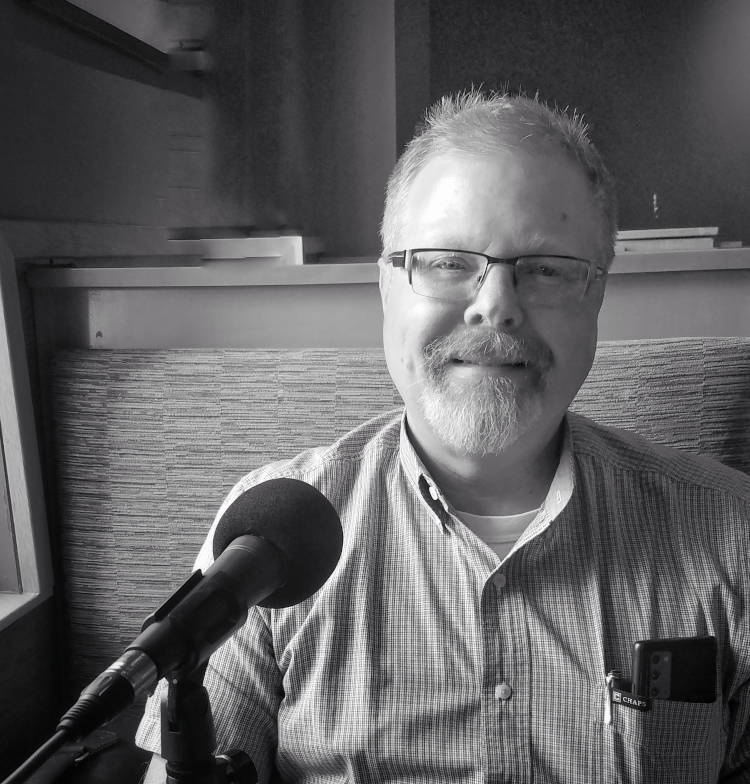Podcast: Play in new window | Download (Duration: 58:57 — 40.8MB)
My pastor, Scott Lee, talked with me about differences between Roman Catholics and protestants, why the differences, and his views of them from as a protestant. This was in preparation for a similar conversation I hope to record with K. Albert Little, host of “The Cordial Catholic”, for an upcoming episode.


Good morning Will,
I listened to your podcast with Scott Lee mostly yesterday, ironically enough, as it was Guy Fawkes day, the unofficial British day of Catholic bashing and bigotry. The history is interesting, and in case I had not told you, I am an historian by academic training; I received my B.A. in History from Mizzou.
There is much to unpack in this podcast, and I am intimately familiar with the all the topics and controversies you covered, although time precludes me from responding in-depth in this format.
I will, however, assist Mr. Lee’s memory by stating that the schism which split Christendom occurred in 1054 A.D. I shall also ask a question of you both, leaping over all the particular arguments to a comment at the end of your interview. My question is this: by whose authority can any protestant “anathematize” a Catholic for so-called errors of doctrine? What protestant authority determines doctrine or, for that matter, the canon of Sacred Scripture? It is a fallacy of logic to say that Sacred Scripture is self-interpreting. Historically, what authority determined the canon of Sacred Scripture and gave us the Bible as we know it? The Catholic Church, of course, at the synods of Rome and Hippo in the late 4th, early 5th century.
Also, the historical fact of protestantism is its fissiparous nature, forever splitting and fracturing. Luther, for example, by his own authority decided that the books of James, Jude, Hebrews, and Apocalypse (aka Revelation) did not accord with his personal theology, so he left them out of his German translation. For that he was bitterly criticized and “anathematized” by his erstwhile follower Melanchthon, and the books of the New Testament that Luther purged were restored in subsequent translations. Examples multiply.
And one final key point in this installation of what no doubt will be an ongoing dialogue. It is this: all Catholic doctrine, especially doctrine as central as transubstantiation, is validated time and time again by the Holy Triune God Himself in the form of one historically substantiated miracle after another throughout the centuries, the greatest one of our era being the Miracle of the Sun that occurred at Fatima, Portugal on October 13, 1917. Do some research on this unprecedented yet well-documented event in history.
Plenty more to say. I am looking forward to your coming over tomorrow to interview Mary for your podcast.
Pax in Christo Rege
Thanks for your comment, Matt. Concerning your question, about a Protestant’s authority to anathematize, or determine doctrine, or the canon. I think Protestants consider the Scriptures as the authority. That doesn’t answer your question about the canon, but from what I understand, the canon was for the most part agreed upon by the church as a whole and then settled in a more formal way at the councils.
I may not understand what you mean about it being a fallacy that the Scriptures are self-interpreting. I don’t use that phrase “self-interpreting”. But anyway … I normally think of the Scriptures as authoritative for the content of the Christian faith.
Protestantism may be fissiparous in nature as you said. And I think the divisions are sad.
Thanks again for your comment, and thanks for listening to the episode.
Will